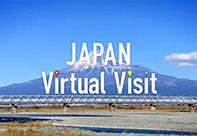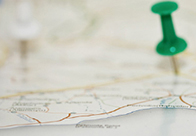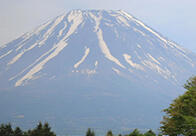City & Venue Search
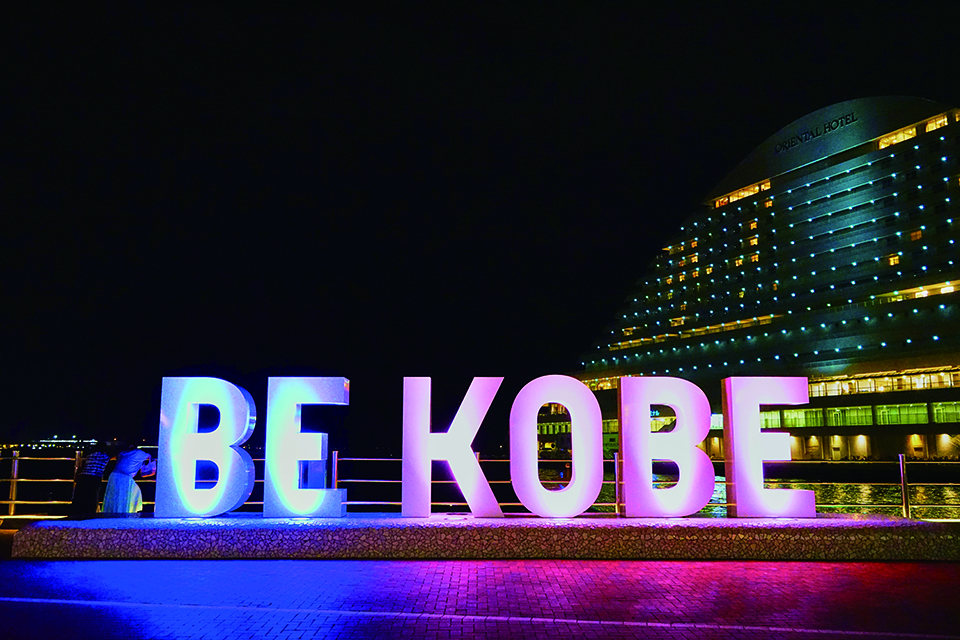
Kobe
Located between the Rokko mountain mange and the Seto inland sea, the historical port city of Kobe has been embracing foreign cultures since the 9th century, giving the city a unique international flavour. Through its port, Kobe became a city of many “Japan firsts,” and to this day, a strong international influence can be seen in the city though its unique food culture, that includes the world-famous Kobe beef and Nada sake, and an eclectic mix of Japanese and late 19th century Western architecture. Present day Kobe is home to 1.52 million people from 137 nations, and one of Asia largest medical clusters, the Kobe Biomedical Innovation Cluster. Playing host to over 370 organisations, the cluster, has given rise to cutting edge technical advancements, including the world’s most powerful supercomputer, “Fugaku,” and game changing regenerative medicine research and application using iPS cells. In the mountains, just above the city, the mineral rich waters of the Arima Hots Springs have provided a place of rest and recuperation since the 8th century. Kobe is dynamic city that combines the best of old and new Japan, with a unique international twist.
Access
Kansai International Airport→Kobe Airport:Approx. 30 min. by high-speed boat (Bay Shuttle Ferry)
Kansai International Airport→Sannomiya:Approx. 60 min. by limousine bus
Itami Airport→Sannomiya:Approx. 40 min. by limousine bus
Tokyo Station→Shin-Kobe Station:2 hr. 40 min. by train (Shinkansen Nozomi)
Venues overview
| Facility | Rooms | |
| Hotel | 85 | 14,239 |
| Ryokan | 11 | 708 |
| Total | 96 | 14,947 |
Pre-/Post-Convention Programs
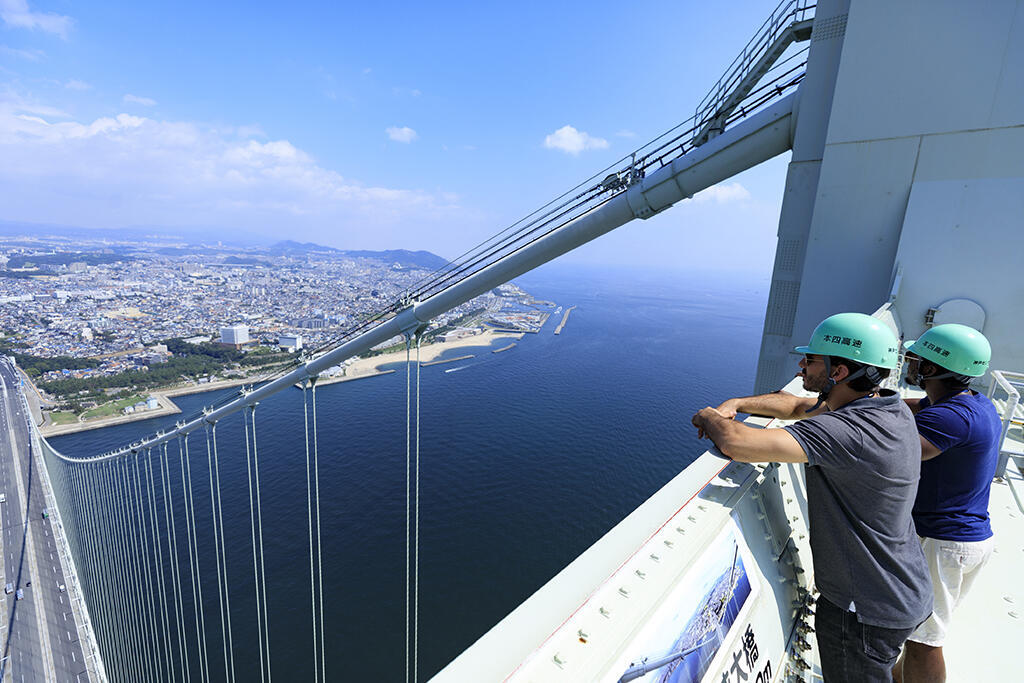
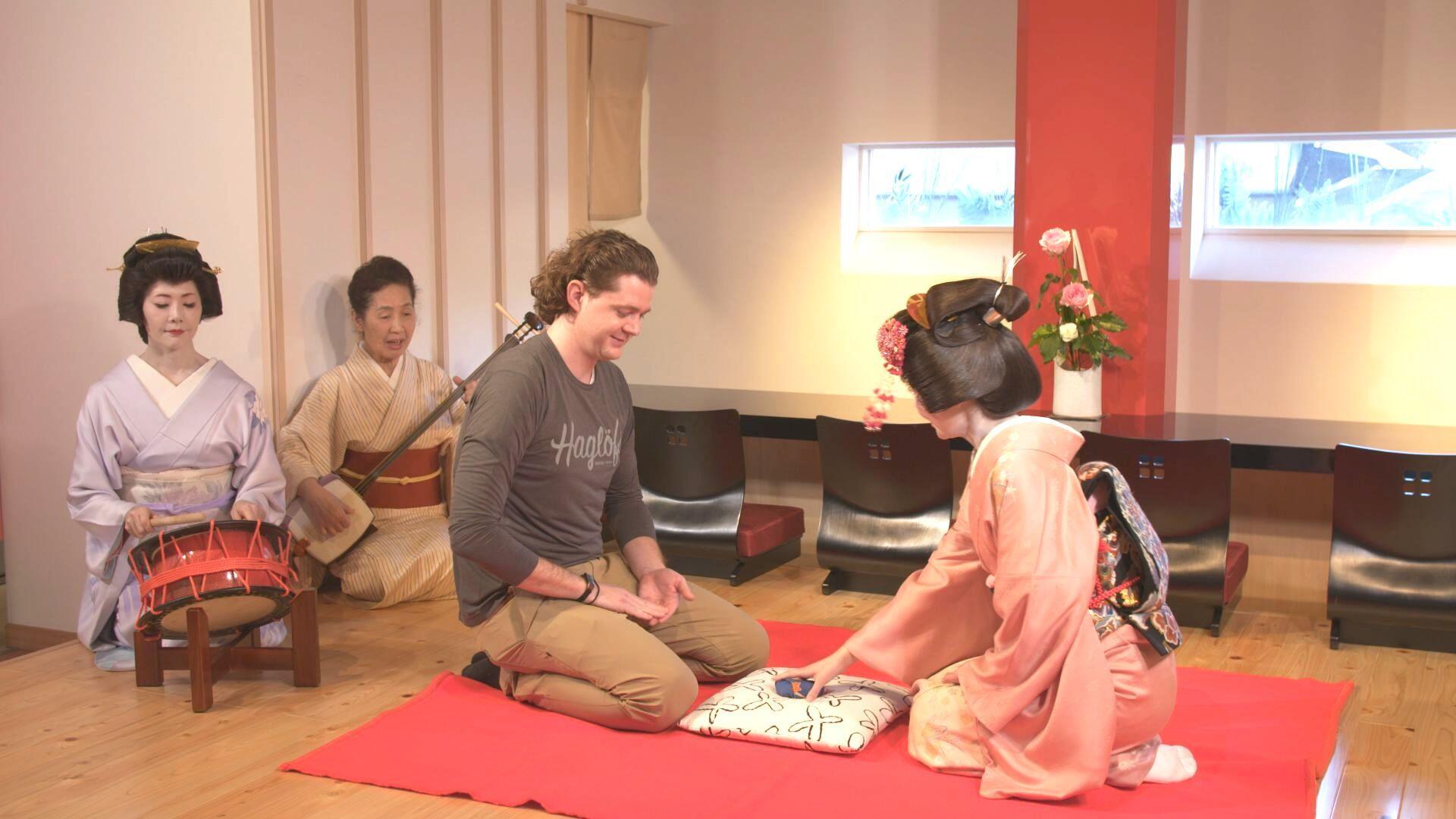
Climb the world's longest suspension bridge, go on technical tours of the city's key industries, and a range of other cultural experiences with a focus on networking and teambuilding.
・Traditional/cultural experiences:Taste sake and watch traditional craftsmanship at a historical brewery, tour a Japanese whiskey distillery, experience Gagaku, the music of the imperial court, interact with authentic Geisha in Arima, go on a hike and experience Zazen meditation.
・Teambuilding: Try a traditional Japanese summer festival dance on a cruise ship, attend a disaster preparedness workshop or an SDGs focused program on co-creation, recycling, and diversity.
・Technical site/Medical tours: Climb the Akashi-Kaikyo Bridge, tour an airplane parts manufacturer, and visit cutting-edge medical facilities.
Sustainability
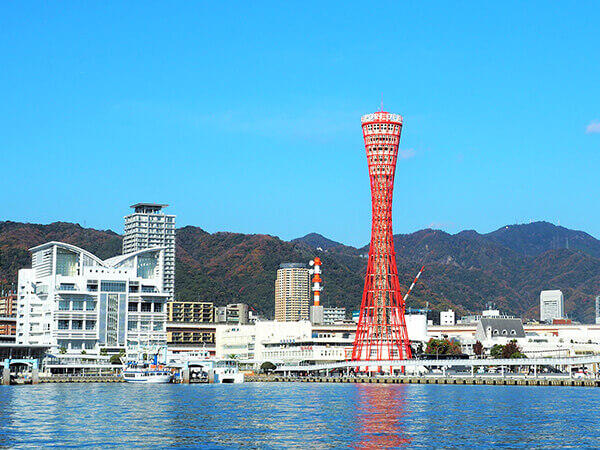
Advantages and Characteristics
- A city that overcame an earthquake
- Local agriculture and fisheries
Support Programs for Convention
| Support for bidding process | |||
|---|---|---|---|
| Category | Type of Support | Availability | Languages |
| Site inspection | Arranging an inspection trip for site selection | ✓ | English |
| Support for hosting/preparation | |||
| Category | Type of Support | Availability | Languages |
| PR | Support for encouraging participation in the event | ✓ | English |
| Supporting other PR activities | ✓ | English | |
| Conference and event preparation | Providing information on PCOs, travel agencies and event management companies | ✓ | English |
| Providing information on reception venues (including unique venues) | ✓ | English | |
| Providing information on related programs (local attractions, traditional performing arts, post-convention programs, sightseeing and hands-on experiences with Japanese culture for persons accompanying conference participants) | ✓ | English | |
| Providing tourism information | ✓ | English | |
| Requesting nominal support | ✓ | English | |
| Coordinating with relevant organizations | ✓ | English | |
| Conference and event operation | Arranging reception venues (including unique venues) | ✓ | English |
| Arranging volunteers | ✓ | English | |
| Setting up an information desk | ✓ | English | |
| Providing maps/guidebooks for participants | ✓ | English | |
| Arranging shuttle buses | ✓ | English | |
| Providing convention bags | ✓ | English | |
| Hospitality | Welcome posters and digital signage | ✓ | English |
| Welcome message by the head of the local government | ✓ | English | |
| Providing discount tickets to tourist facilities | ✓ | English | |
| Providing discounts on public transportation | ✓ | English | |
| Dispatching tourism ambassadors | English | ||
| Related programs | Making arrangements for attractions and traditional performing arts | ✓ | English |
| Making arrangements for post-convention programs | ✓ | English | |
| Making arrangements for sightseeing and hands-on experiences of Japanese culture for persons accompanying conference participants | ✓ | English | |
| Arranging tour interpreters and guides | ✓ | English | |
Support Programs for Incentive Travel
| Support for Promoting Incentive Travel | |
|---|---|
| Type of Support | Availability |
| Site inspection support (provision of accommodation, food, tourist activities) | ✓ |
| Creation of draft proposals, providing information | ✓ |
| Support During Incentive Travel | |
| Type of Support | Availability |
| Accommodation | ✓ |
| Airport transfer services | ✓ |
| Welcome banners | ✓ |
| Chartered transport (e.g. coaches) | ✓ |
| Prepaid cards for public transport | ✓ |
| Venues (MICE facilities, unique venues) | ✓ |
| Event management services | ✓ |
| Recruiting volunteers to assist at events | ✓ |
| Excursions, technical visits etc. | ✓ |
| Attractions, entertainment etc. | ✓ |
| Experience programs | ✓ |
| Local cuisine, traditional cuisine | ✓ |
| Greeting at airport or station | - |
| Greeting or welcome letter from local government head | - |
| Travel brochures | ✓ |
| Discount coupons | ✓ |
| Giveaways | - |
Venues
-
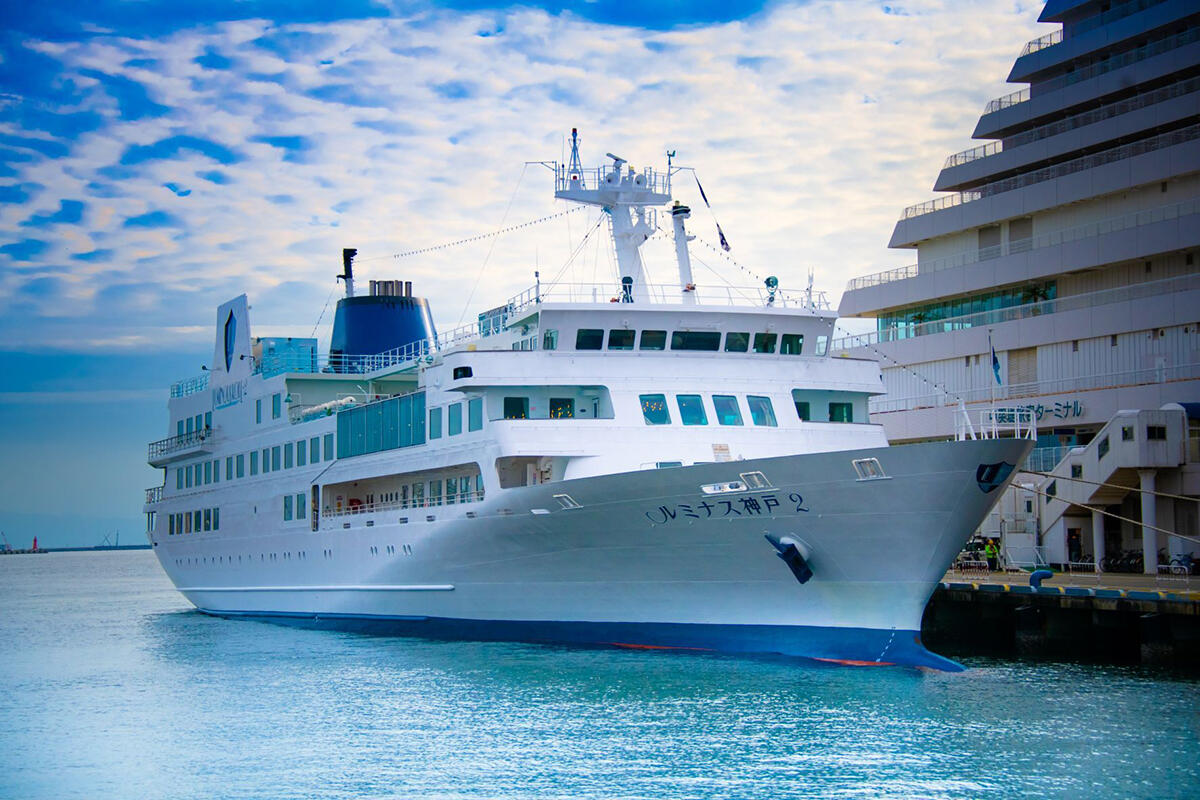 Unique Venue
Unique VenueTHE KOBE CRUISE Luminous Kobe 2
Kobe
One of the largest restaurant cruise ships in Japan, with a variety of full ship charters...
-
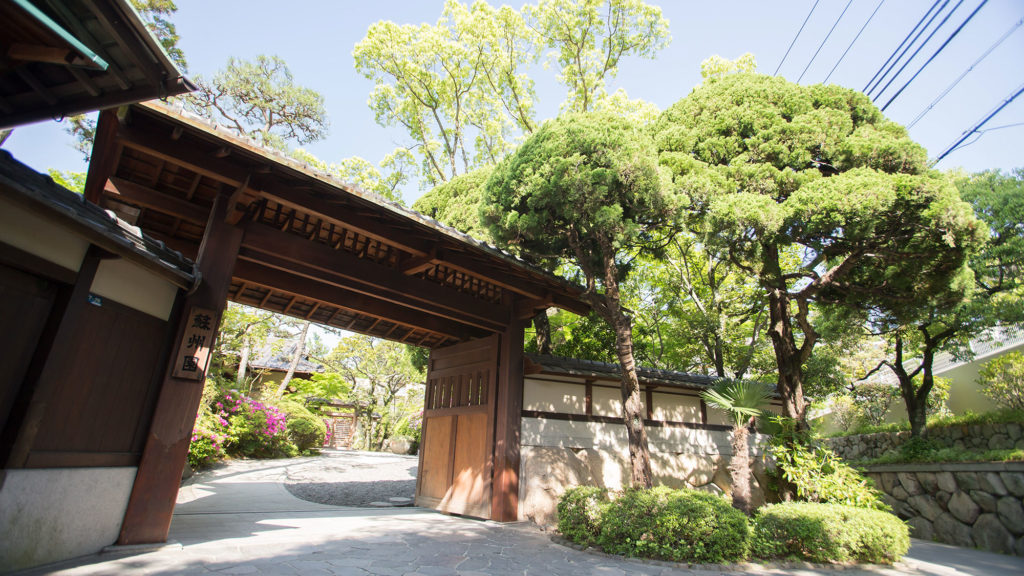 Unique Venue
Unique VenueTHE GARDEN PLACE SOSHUEN
Kobe
Built in 1934, this Japanese style three-story estate was once the private residence of t...
-
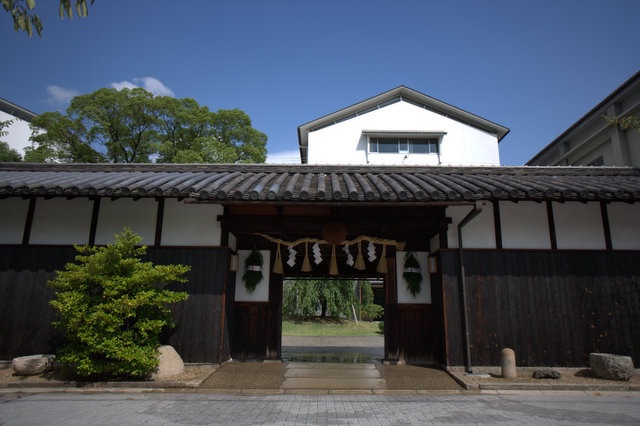 Unique Venue
Unique VenueKobe Shu-Shin-Kan Brewery
Kobe
The Kobe Shu-Shin-Kan Hall and the restaurant Sakabayashi are both made from the remnants...
